The Kruger National Park authority runs 25 Rest Camps where visitors can stay inside the park.
The camps are a legacy from the old pre-democracy era when a lot of public money was spent on providing low-cost recreational facilities for white South Africans. These days, there is no money to subsidise these rest camps, and they have undergone a painful transition to life in a multi-ethnic democracy. Inevitably, managing on tight budgets, standards are not what they were, but they still offer clean and above all very affordable accommodation, in a magnificent location. You will not find such good accommodation at such low prices anywhere in Africa outside of South Africa and Namibia.
Some of these 25 camps are very basic, intended for die-hard back-to-the-bush enthusiasts. There are five private camps, where you book the entire camp for a group of 12-18 people, and there are six bushveld camps, small camps of about 15 cottages with no restaurant or shop, so they are self-catering. The bushveld camps are remote and peaceful, and have a good atmosphere.
Main Kruger Park camps
Most overnight visitors stay in the 12 main camps. These camps generally provide a variety of accommodation: cottages, chalets and rondavels (round huts), usually with air-con, bathrooms, and many have kitchens. Facilities include a restaurant and/or cafeteria, a well-stocked shop and a petrol station. They have large lawns and shady areas. There is a camping area, too. Several of the main camps have swimming pools. The most popular camps with our clients are (in order): Skukuza, Lower Sabie, Satara, Letaba and Oliphants.
Skukuza and Lower Sabie tend to be booked up quite early, especially during the South African school holidays; but then we can often book space in two camps further to the south, Berg-en-Dal and Pretoriuskop. Although game viewing may not be quite as good, you can drive north, and both have swimming pools.
Skukuza
is the HQ and the largest camp. It has a comprehensive range of facilities, including an enormous shop, restaurant and cafeteria, post office, launderette, an airstrip, car hire, vehicles repair workshop and a bank with an ATM - the only one in the park. It’s like a small town and can accommodate over 500 visitors. It is also near Paul Kruger Gate, the main gate to the park, so it is also the most accessible.
Lower Sabie
The drive between Skukuza and Lower Sabie is known as the Lion Drive and follows the perennial Sabie River. It is considered to be one of the best areas for game-spotting and gets quite busy. For the same reason, Lower Sabie is a very popular camp. It has a scenic setting, with lawns running down to the Sabie River, a swimming pool, and some comfortable accommodation in large walk-in safari tents. It also has a guest house with three en suite bedrooms, kitchen, lounge and dining room. Lower Sabie accommodates fewer than 200 visitors, but it has good facilities. This is the best camp for touring in the south of the park.
Satara
This camp is often used by people entering the park from the northern gate of Sabi Sand or from the Timbavati reserve. The bush is fairly open and wildlife is plentiful and diverse, so this is a good area for game-viewing. The camp is the second largest in the park, wooded and spacious. The birdlife is prolific. Because Satara is the best situated camp for game-viewing in the central region, it makes sense to combine a night here with a night in Lower Sabie as you meander through the park.
Letaba & Olifants
These two well-known, older camps are fairly close to one another in elephant country. Each is set on a river, the Letaba and Olifants, from which they take their names. Letaba has an interesting elephant hall containing the tusks of the ‘magnificent seven’, some of the largest bull elephants to have lived in the park in the last century. Either of these camps is a good base for exploring the north-central area of the park.
North of these camps, you drive through a large area of rather unvaried mopane woodland, and few of our clients venture further, unless they are birders or true aficionados looking for something more wild and isolated.
Want to know more?
Call our Travel Specialists for a chat with our experts. They'll share their first-hand insights so you can find your perfect holiday.
Shelley Phillips
Travel Specialist
Shelley Phillips
Travel Specialist
Why Choose Us?
Passionate travel experts
- We've been leading wildlife travel since our first South Africa tours over 25 years ago
- Our Travel Specialists have lived in their specialist area for years
- We work with local guides to immerse you deeper in our diverse range of experiences
Personal & tailor-made
- You'll speak to your own expert who'll share their first-hand knowledge
- We'll make your itinerary seamless with 24/7 emergency contact available
- Your Travel Specialist will listen to ensure you have the best chance of seeing the wildlife you love
Responsible by nature
- We take care to actively contribute to the conservation of environments we visit
- For select countries, we make a charitable donation on your behalf when you make your booking
- We've partnered with conservation experts and NGOs to curate responsible tours
For the latest travel advice from the Foreign, Commonwealth and Development Office check www.gov.uk/travelaware





















